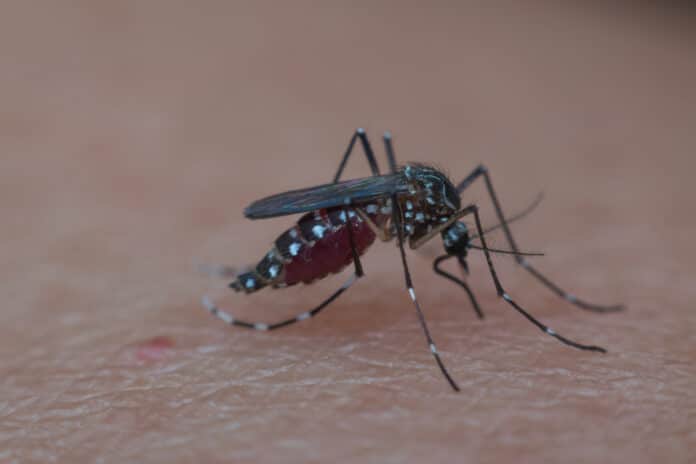In the ongoing battle against malaria, researchers are embracing a fresh approach that promises to transform how we combat this devastating disease. Malaria, caused by the Exploring long non-coding RNA in the human malaria parasite Plasmodium falciparum transmitted through mosquito bites, has been a persistent health challenge in many parts of the world.
Malaria is a disease spread by mosquitoes, and in 2020, it caused around 241 million cases and 627,000 deaths. It’s a big problem, especially for kids and pregnant women in places where the disease is common. A dangerous type of malaria is caused by a parasite called Plasmodium falciparum.
Researchers want to know how the genes of Plasmodium falciparum work at different times in its life. This can help them find new ways to treat malaria. They are looking into “lncRNAs,” which are long molecules in cells that don’t make proteins. These molecules have been linked to diseases like cancer and problems with the brain. They also help control how genes work.
A team of researchers, led by Karine Le Roch from the University of California- Riverside, studied how these lncRNAs affect Plasmodium falciparum. They discovered that one lncRNA, called lncRNA-ch14, is essential for how the parasite becomes different sexes.
Roch said, “We can target specific lncRNAs to stop P. falciparum’s life cycle progression, including sexual differentiation. We found evidence that lncRNAs are distributed in distinct cellular compartments in P. falciparum. Depending on their localization, they are found to play important roles in regulating gene expression and the malaria parasite’s life cycle progression.”
The results of the study were published in a journal called Nature Communications.
In the study, the researchers found 1,768 lncRNAs in Plasmodium falciparum, and 718 of these were discoveries. They confirmed that some of these new lncRNAs are important for the parasite’s life cycle.
The study’s leader, Karine Le Roch, explained that their findings help us understand how these lncRNAs affect the parasite’s ability to cause malaria and how they control genes and the process of becoming different sexes. This could lead to new ways to treat malaria by targeting the parasite’s life cycle and stopping it from spreading.
The research was a team effort with researchers from the University of Washington, Johns Hopkins Bloomberg School of Public Health, and The Wellcome Sanger Institute.
Grants from the National Institutes of Health and the University of California, Riverside, funded the study.
The research paper is titled “Novel Insights into the Role of Long Non-coding RNA in the Human Malaria Parasite, Plasmodium falciparum.”
In conclusion, the new way of fighting malaria significantly changes how we fight this severe health problem worldwide. Scientists are using new technologies, changing genes, and involving communities to spread malaria less and eventually eliminate the disease. Even though there are difficulties, the progress being made gives us new hope for a future without malaria.
Journal Reference:
- Gayani Batugedara, Xueqing M. Lu, et al., Novel insights into the role of long non-coding RNA in the human malaria parasite, Plasmodium falciparum. Nature Communications. DOI: 10.1038/s41467-023-40883-w.
